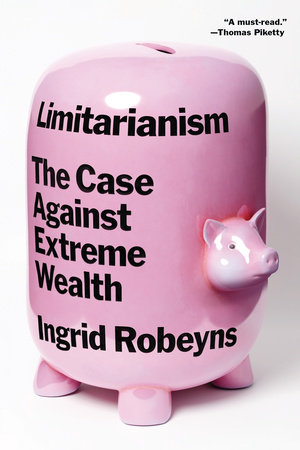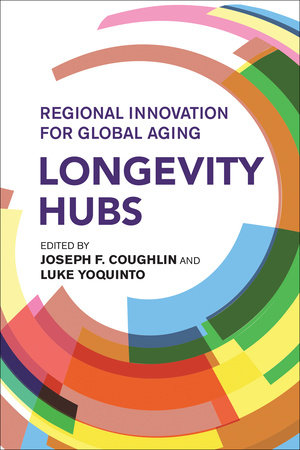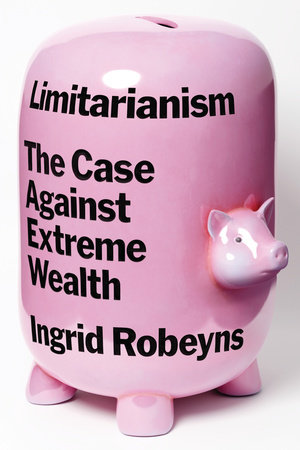

Limitarianism
By Ingrid Robeyns
By Ingrid Robeyns
By Ingrid Robeyns
By Ingrid Robeyns
Category: Domestic Politics | Business
Category: Domestic Politics | Business

-
$28.00
Jan 16, 2024 | ISBN 9781662601842
-
Jan 16, 2024 | ISBN 9781662601859
YOU MAY ALSO LIKE
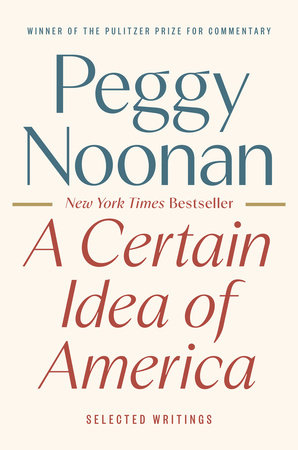
A Certain Idea of America
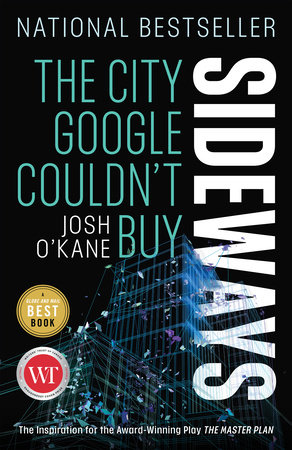
Sideways
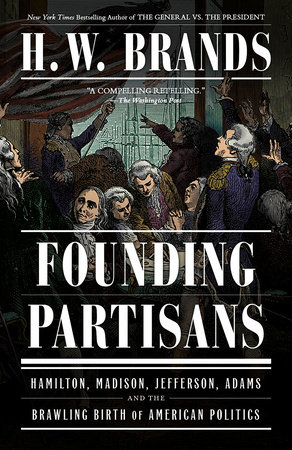
Founding Partisans

It’s What You Do Next
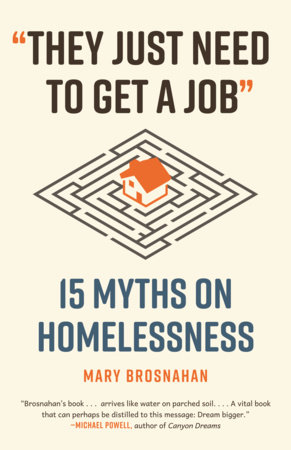
“They Just Need to Get a Job”

Revolution by Fire
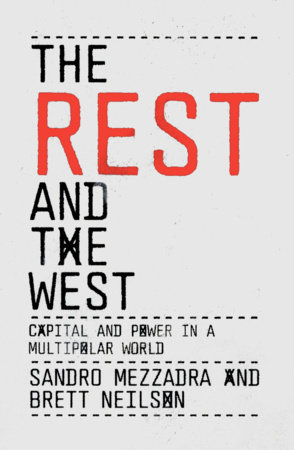
The Rest and the West
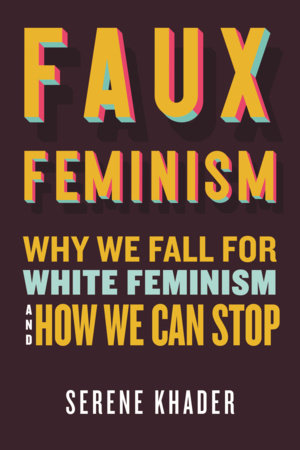
Faux Feminism

Democracy and Urban Form
Praise
“Robeyns’s book is a timely addition to the conversation about extreme wealth—subverting assumptions in a way that may make it easier to accept the (far less dramatic) shifts that may finally be taking place.”
—Christina Emba, The Atlantic
“[A] revolutionary volume . . . Limitarianism is a thoughtful blueprint for the world so many of us want to live in—one where capitalism is curbed and greed is limited.”
—Adrienne Westenfeld, Esquire
“[A] provocative consideration of extreme wealth accumulation.”
—New Yorker
“Limitarianism is a thought-provoking read for all those interested in inequality.”
—Lucas Chancel, Nature
“Limitarianism offers a genuine contribution to the conversation and ought to be read by egalitarians and their foes.”
—Jonah Raskin, Zyzzyva
“The challenge is daunting, but rebalancing and regulating capitalism will be a necessity if we are going to deal with the many internal and external threats we are now facing. Thus Limitarianism is well-worth considering and debating.”
—Ed Meek, The Arts Fuse
“This book will surely be a conversation starter, especially in today’s political climate and dramatic period of inflation. Those interested in politics, taxes, inheritance, monetary policy, and social justice will find this book intriguing.”
—Jennifer Adams, Booklist
“[Limitarianism is a] withering critique of the ethical, moral, and fiscal harms of unlimited wealth concentration . . . [This] caustic but balanced attack offers an equitable economic compromise.”
—Kirkus Reviews
“A powerful case for limitarianism – the idea that we should set a maximum on how much resources one individual can appropriate. A must-read!”
—Thomas Piketty, bestselling author of Capital in the Twenty-First Century
“Robeyns has written an essential book from a radical point of view. It is high time someone asked the question, “Is there such a thing as having too much money?” Along with its corollary question, ‘So what are we going to do about it?’ Robeyns tackles both with deep knowledge, experience and empathy.”
—Abigail Disney, filmmaker, philanthropist, and activist
“Is it possible to meet the needs of all people within the means of the living planet? Definitely not in a world dominated by extreme wealth, as Ingrid Robeyns powerfully argues. This landmark book combines meticulous logic with compelling personal stories to draw everyone – from the super-rich to the super-riled – into one of the most critical public debates of our times. Read it.”
—Kate Raworth, bestselling author of Doughnut Economics
“Limiting extreme wealth is an idea whose time has surely come and Ingrid Robeyns makes a powerful case for why this should be a priority for public and political debate. Limitarianism builds on what the epidemiology shows so clearly – inequality damages all of us and it needs to be tackled with the greatest urgency.”
—Kate Pickett, co-author of The Spirit Livel
“Robeyns proves that in a true democracy there are no rights without duties – no wealth without limits. Limitarianism offers a way to re-democratize wealth and thus re-socialize the richest 1%.”
—Marlene Engelhorn, author of Geld and co-founder of taxmenow
“Many people accept that there is a threshold that no one should fall below. But few have thought that there is a threshold that no one should be free to soar above. In this wonderful book, Ingrid Robeyns presents a novel and nuanced set of arguments for just such an upper threshold. This is a model of how to bring rigorous analysis to bear on practical issues, and to do so in an engaging, humane and accessible way.”
—Debra Satz, author of Why Some Things Should Not Be For Sale
“Ingrid Robeyns raises what, historically, would be a tendentious question because in the Industrial Age a rising tide of wealth tended to lift yachts and dinghies alike. But in our Digital Age yachts proliferate while dinghies get swamped. Robeyns’ argument that top heavy wealth is sinking living standards for the many, spreading economic fear that authoritarians exploit is sound and her thoughtful ideas for reining in extreme wealth are provocative.“
—David Cay Johnston, Pulitzer Prize winner and bestselling author of Perfectly Legal, Free Lunch, and It’s Even Worse Than You Think
“Effortlessly navigating between ethics, political theory, economics and public policy, Ingrid Robeyns’ nuanced and persuasive defence of limitarianism is also a much-needed manifesto for reimagining political institutions.”
—Lea Ypi, author of Free: Coming of Age at the End of History
“Robeyns delivers an urgent, thought provoking treatise that is both a compelling critique of limitless inequality and an imaginative account of a world without the superrich.”
—Peter Geoghegan, author of Democracy for Sale: Dark Money and Dirty Politics
“The best case I’ve read for putting an upper limit on the accumulation of wealth. Even the super-rich might be glad if there was a finishing line!”
—Richard Wilkinson, bestselling author of The Spirit Level and The Inner Level (with Kate Pickett)
“There is a limit beyond which additional wealth can’t do much to enhance its owner’s life or happiness. But our economic system generates fortunes far beyond any such limit. Is the existence of billionaires and multi-millionaires a necessary feature of a system that makes everyone better off in the long run? Or is it one of the sources of the growing inequality and political breakdown that we see today? Ingrid Robyens makes a convincing case that an upper limit on wealth would be good for society as a whole and even for the wealthy themselves.”
—John Quiggin, author of Zombie Economics
“Ingrid Robeyns makes a compelling case for limiting extreme wealth, along economic, political and moral lines—and outlines the structural, fiscal and ethical actions required to achieve this. This argument has never been more important, and this book is a persuasive call to action.”
—Jayati Ghosh, Professor of Economics, University of Massachusetts Amherst
Table Of Contents
Introduction
Chapter 1: How much is too much?
Chapter 2: Keeping the poor poor while inequalities grow
Chapter 3: Dirty money
Chapter 4: Undermining democracy
Chapter 5: Setting the world on fire
Chapter 6: Nobody deserves to be a multimillionaire
Chapter 7: There’s so much we can do with excess money
Chapter 8: Philanthropy is not the answer
Chapter 9: The rich will benefit, too
Conclusion: the road ahead
21 Books You’ve Been Meaning to Read
Just for joining you’ll get personalized recommendations on your dashboard daily and features only for members.
Find Out More Join Now Sign In






